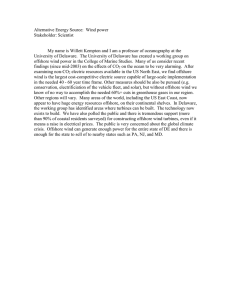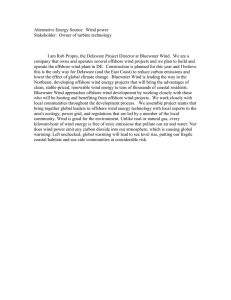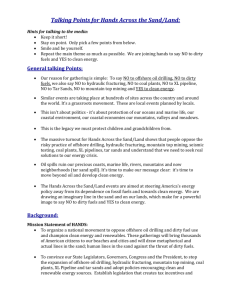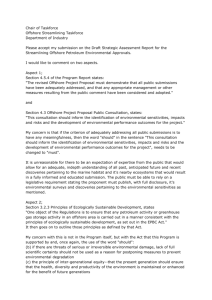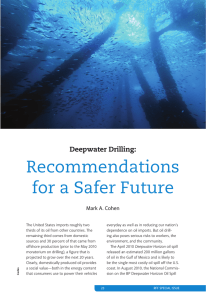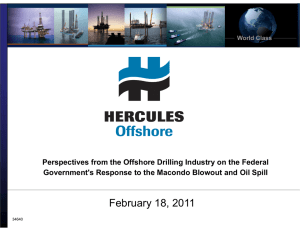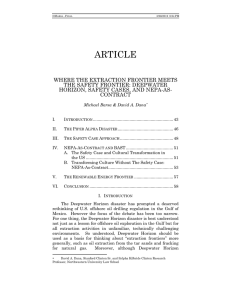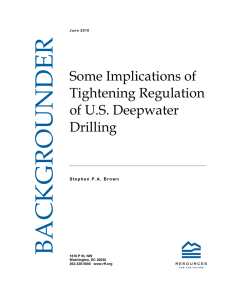Did a single week reverse energy fortunes forever? By VICTOR FLATT HOUSTON CHRONICLE
advertisement
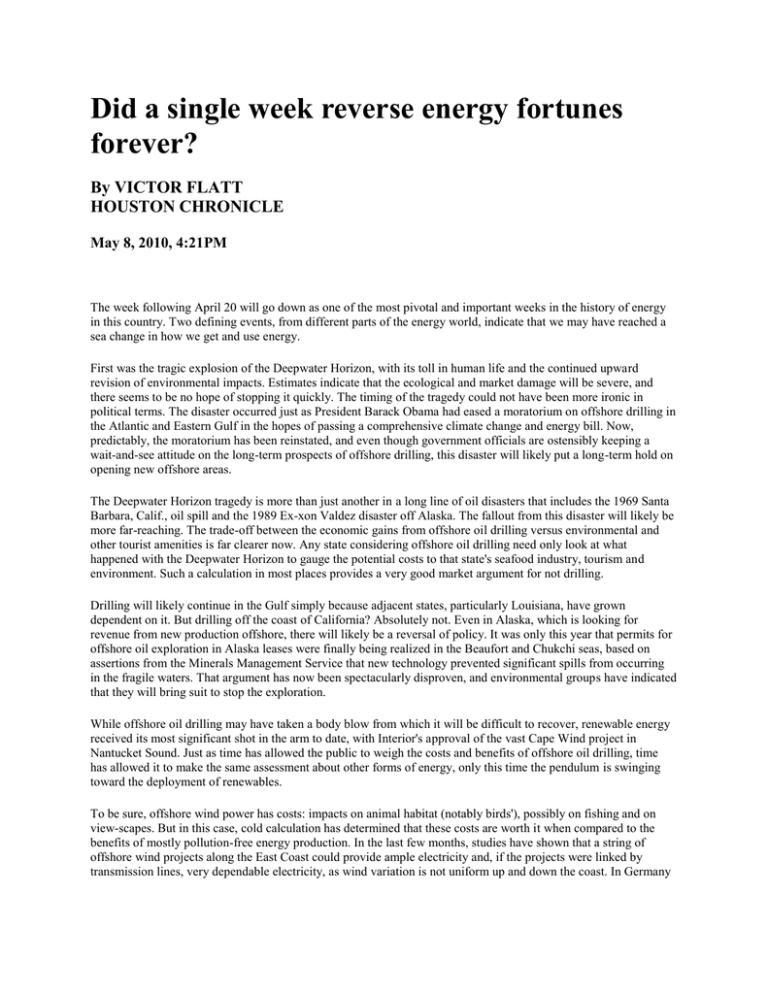
Did a single week reverse energy fortunes forever? By VICTOR FLATT HOUSTON CHRONICLE May 8, 2010, 4:21PM The week following April 20 will go down as one of the most pivotal and important weeks in the history of energy in this country. Two defining events, from different parts of the energy world, indicate that we may have reached a sea change in how we get and use energy. First was the tragic explosion of the Deepwater Horizon, with its toll in human life and the continued upward revision of environmental impacts. Estimates indicate that the ecological and market damage will be severe, and there seems to be no hope of stopping it quickly. The timing of the tragedy could not have been more ironic in political terms. The disaster occurred just as President Barack Obama had eased a moratorium on offshore drilling in the Atlantic and Eastern Gulf in the hopes of passing a comprehensive climate change and energy bill. Now, predictably, the moratorium has been reinstated, and even though government officials are ostensibly keeping a wait-and-see attitude on the long-term prospects of offshore drilling, this disaster will likely put a long-term hold on opening new offshore areas. The Deepwater Horizon tragedy is more than just another in a long line of oil disasters that includes the 1969 Santa Barbara, Calif., oil spill and the 1989 Ex-xon Valdez disaster off Alaska. The fallout from this disaster will likely be more far-reaching. The trade-off between the economic gains from offshore oil drilling versus environmental and other tourist amenities is far clearer now. Any state considering offshore oil drilling need only look at what happened with the Deepwater Horizon to gauge the potential costs to that state's seafood industry, tourism and environment. Such a calculation in most places provides a very good market argument for not drilling. Drilling will likely continue in the Gulf simply because adjacent states, particularly Louisiana, have grown dependent on it. But drilling off the coast of California? Absolutely not. Even in Alaska, which is looking for revenue from new production offshore, there will likely be a reversal of policy. It was only this year that permits for offshore oil exploration in Alaska leases were finally being realized in the Beaufort and Chukchi seas, based on assertions from the Minerals Management Service that new technology prevented significant spills from occurring in the fragile waters. That argument has now been spectacularly disproven, and environmental groups have indicated that they will bring suit to stop the exploration. While offshore oil drilling may have taken a body blow from which it will be difficult to recover, renewable energy received its most significant shot in the arm to date, with Interior's approval of the vast Cape Wind project in Nantucket Sound. Just as time has allowed the public to weigh the costs and benefits of offshore oil drilling, time has allowed it to make the same assessment about other forms of energy, only this time the pendulum is swinging toward the deployment of renewables. To be sure, offshore wind power has costs: impacts on animal habitat (notably birds'), possibly on fishing and on view-scapes. But in this case, cold calculation has determined that these costs are worth it when compared to the benefits of mostly pollution-free energy production. In the last few months, studies have shown that a string of offshore wind projects along the East Coast could provide ample electricity and, if the projects were linked by transmission lines, very dependable electricity, as wind variation is not uniform up and down the coast. In Germany and Denmark, linked wind systems have become so dependable that wind is sometimes preferentially used as base power over coal and nuclear. The confluence of both these events also illustrates a move in the direction of the public good over the private good. Despite claims to the contrary, it is rarely the general public that is clamoring for more offshore oil drilling. While many people might like to have lower gasoline prices and reduced dependence on foreign oil, when the public actually sees the trade-offs in price, few make offshore drilling a priority. The political push for offshore drilling comes from the companies themselves, which realize profit through the recovery and processing of this product. Cape Wind also hopes to realize a profit, but it also has significant support from a public that wants to see viable greenhouse-gas-free energy become the norm. The public's clamor was enough to overcome even the most politically well-connected private opposition to Cape Wind, and this signals the breaking of a logjam. More and more approvals will be forthcoming, and this will transform the energy landscape. The Deepwater Horizon platform exploded and the Cape Wind project was approved the same week that ongoing political rancor prompted a delay in the long-awaited Kerry-Graham-Lieberman energy/climate change bill. That legislation was originally seen as history in the making. Today, we're seeing history made in a different and possibly more powerful way — outside the political process and inside the minds of the public. Flatt is the Taft Distinguished Professor of Environmental Law at the University of North Carolina at Chapel Hill. He is also a distinguished scholar at the University of Houston's Global Energy Management Institute and a member scholar of the Center for Progressive Reform.

